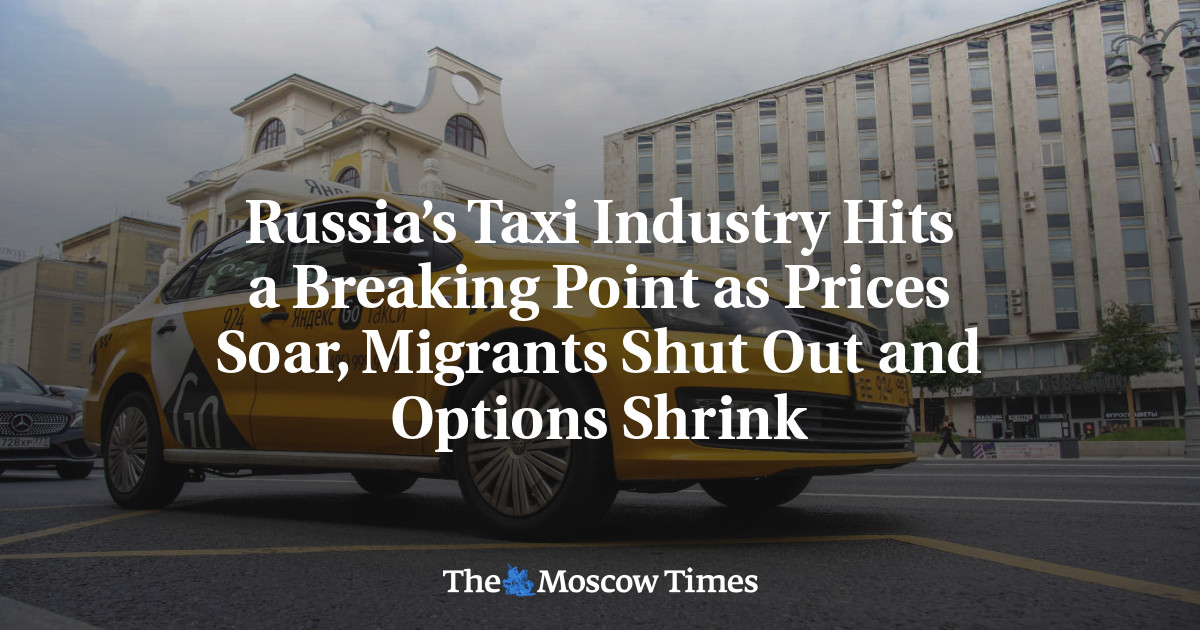Luxury taxi service Wheely vanished from Moscow’s streets this month after a court ordered its blocking for refusing to share passenger data with the security services. Days later, St. Petersburg officials finalized a ban on migrant taxi drivers that will eliminate half the city’s workforce. Meanwhile, the country’s leading ride-hailing app Yandex warned customers to brace for surge pricing as students returned to university. These are not isolated incidents, but symptoms of a broader unraveling of Russia’s taxi industry. A perfect storm Once a highly competitive market, Russia’s taxi sector is now sliding into a state-controlled monopoly marked by soaring prices, shrinking services and systematic discrimination against foreign workers. Prices are already up 22% in 2025 compared with last year, with some popular routes increasing by 70%. Industry forecasts suggest fares could rise another 40-60% once new vehicle localization rules take effect in March 2026. The removal of migrant drivers has accelerated the crisis.
Continue Reading on The Moscow Times
This preview shows approximately 15% of the article. Read the full story on the publisher's website to support quality journalism.
